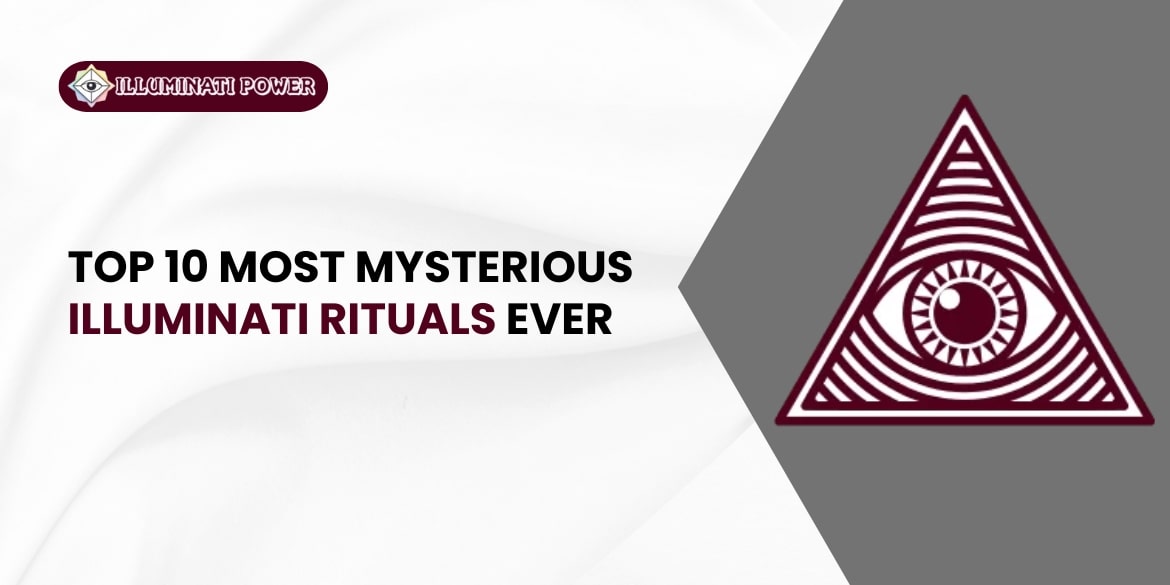Illuminati History: Unraveling the Secret Origins of a Mysterious Society
The term Illuminati History often evokes images of secret meetings, shadow governments, and global conspiracies. But beyond pop culture and modern myths lies a real historical foundation that birthed one of the most talked-about secret societies in the world.
What Is the Illuminati?
Before diving deep into Illuminati Power, it’s essential to understand what the Illuminati is. The Illuminati refers to various groups, both real and fictional, that claim—or are claimed—to possess secret knowledge and influence over global affairs. However, the original Illuminati was a real organization with a defined purpose.
The Origins of the Illuminati in Bavaria
Weishaupt’s vision was to challenge religious and political oppression through reason, science, and moral improvement.
At the time, Bavaria was heavily influenced by the Catholic Church and conservative rulers. Thus, the Illuminati operated underground, recruiting members from Masonic lodges and influential circles.
Structure and Symbolism
The Bavarian Illuminati adopted a pyramid-like structure, dividing members into different levels of secrecy and knowledge. This hierarchy was essential for controlling the flow of information and maintaining discipline within the society.
They also used symbols like the “All-Seeing Eye” and the Owl of Minerva, which later became synonymous with the Illuminati in popular culture. These symbols represented wisdom, vigilance, and enlightenment—core values of the group.
Suppression and Dissolution
This crackdown marked the end of the original Illuminati.
However, Illuminati history didn’t end there. Instead, it sparked the beginning of countless rumors and conspiracy theories that continue to thrive today.
Illuminati in Modern Conspiracy Theories
Although the original Bavarian Illuminati was short-lived, the concept resurfaced in the 20th and 21st centuries. Conspiracy theorists began linking the Illuminati to world events, political movements, and even pop culture.
Famous figures like Jay-Z, Beyoncé, and politicians have been accused of Illuminati affiliations, often due to their use of certain hand signs or symbols. While there is no credible evidence supporting these claims, they fuel the ongoing fascination with Illuminati history.
Real Influence vs. Myth
To understand Illuminati history, it’s crucial to separate myth from reality. The original Illuminati had limited reach, confined to specific regions in Europe. They never held global power or controlled governments, as many conspiracy theories suggest.
However, their legacy endures because of their radical ideas, organizational methods, and the allure of secrecy. The concept of a hidden elite manipulating world events is powerful, especially in times of uncertainty and change.
The Role of the Illuminati in Pop Culture
From books like The Da Vinci Code to movies like National Treasure, Illuminati history is a favorite subject in entertainment. These depictions often blend historical facts with fiction, creating a mystique that keeps audiences intrigued.
Pop culture has played a significant role in shaping how we view the Illuminati today. While these portrayals are largely exaggerated, they keep the topic relevant and widely discussed.
Why Does Illuminati History Still Fascinate Us?
The enduring fascination with Illuminati Power stems from our human curiosity about power, secrecy, and control. We are drawn to the idea that a select few might be orchestrating events behind closed doors. It provides a framework for understanding complex world issues in simpler, albeit fictional, terms.
Moreover, the Illuminati’s ideals—freedom of thought, opposition to tyranny, and the pursuit of knowledge—resonate with people across different cultures and generations.
Conclusion
Illuminati history is a rich tapestry woven with facts, myths, and enduring curiosity. While the original Bavarian Illuminati was a small Enlightenment-era group with lofty goals, their legacy has grown into a global phenomenon fueled by speculation and pop culture.
Understanding the real history of the Illuminati helps debunk widespread myths while appreciating the cultural and philosophical impact of the society.



